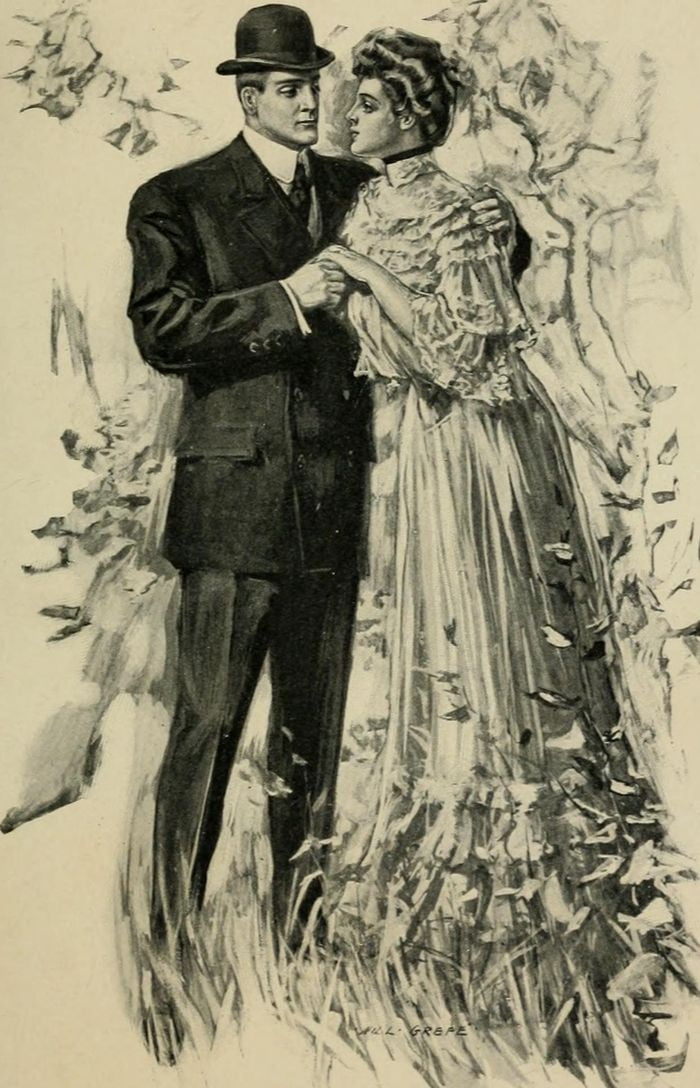Furthermore some of Theodora’s lovers, while she was on the stage, say that at night a demon would sometimes descend upon them and drive them from the room, so that it might spend the night with her. And there was a certain dancer named Macedonia, who belonged to the Blue party in Antioch, who came to possess much influence. For she used to write letters to Justinian while Justin was still Emperor, and so made away with whatever notable men in the East she had a grudge against, and had their property confiscated.
This Macedonia, they say, greeted Theodora at the time of her arrival from Egypt and Libya; and when she saw her badly worried and cast down at the ill treatment she had received from Hecebolus and at the loss of her money during this adventure, she tried to encourage Theodora by reminding her of the laws of chance, by which she was likely again to be the leader of a chorus of coins.
Then, they say, Theodora used to relate how on that very night a dream came to her, bidding her take no thought of money, for when she should come to Constantinople, she should share the couch of the King of the Devils, and that she should contrive to become his wedded wife and thereafter be the mistress of all the money in the world. And that this is what happened is the opinion of most people.
13. Deceptive affability and piety of a tyrant
Justinian, while otherwise of such character as I have shown, did make himself easy of access and affable to his visitors; nobody of all those who sought audience with him was ever denied: even those who confronted him improperly or noisily never made him angry.
On the other hand, he never blushed at the murders he committed. Thus he never revealed a sign of wrath or irritation at any offender, but with a gentle countenance and unruffled brow gave the order to destroy myriads of innocent men, to sack cities, to confiscate any amount of properties.
One would think from this manner that the man had the mind of a lamb. If, however, anyone tried to propitiate him and in suppliance beg him to forgive his victims, he would grin like a wild beast, and woe betide those who saw his teeth thus bared!
The priests he permitted fearlessly to outrage their neighbors, and even took sympathetic pleasure in their robberies, fancying he was thus sharing their divine piety when he judged such cases, he thought he was doing the holy thing when he gave the decision to the priest and let him go free with his ill-gotten booty: justice, in his mind, meant the priests’ getting the better of their opponents. When he himself thus illegally got possession of estates of people alive or dead, he would straightway make them over to one of the churches, gilding his violence with the color of piety-and so that his victims could not possibly get their property back.
Read More about Doctor Faust and the Usurer part 2








